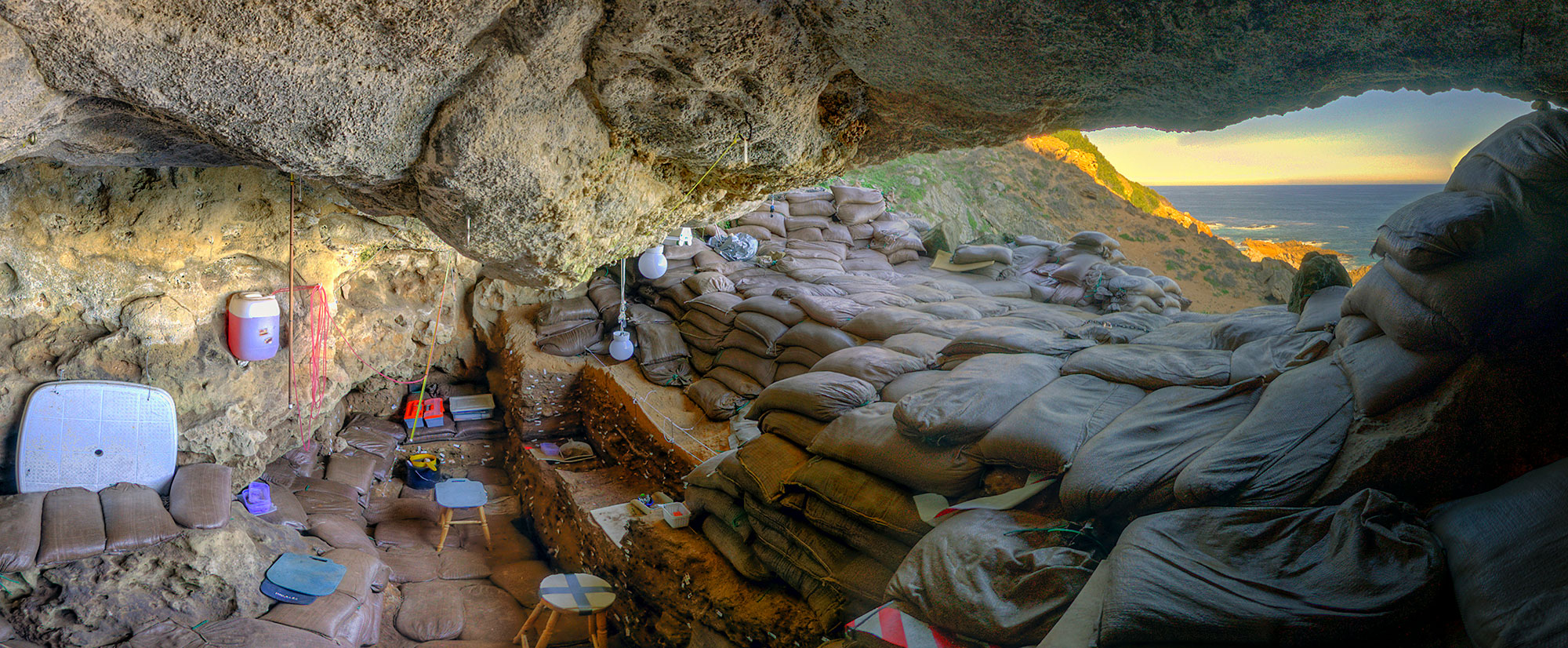ZHENGZHOU, CHINA—Archaeologist Pan Fusheng announced that the liquid discovered in a 2,000-year-old bronze pot in a tomb in central China may have been an “elixir of life,” as described in ancient Taoist literature, according to a Xinhua report. The tomb, which dates to the Western Han Dynasty (202 B.C. – A.D. 8), covered more than 2,200 square feet, and also contained painted pottery, jade items, and other bronze artifacts, in addition to the remains of a noble occupant. Archaeologists noted right away that the approximately 3.5 quarts of liquid in the bronze pot smelled of alcohol. Later chemical analysis showed the substance contains potassium nitrate and alunite—the main ingredients in an immortality medicine mentioned in a Taoist text. To read in-depth about the Han period, go to “Reading the Yellow River.”
Bronze Pot Unearthed in Central China Held “Elixir of Life”
News March 1, 2019
Recommended Articles
Off the Grid November/December 2025
Bighorn Medicine Wheel, Wyoming
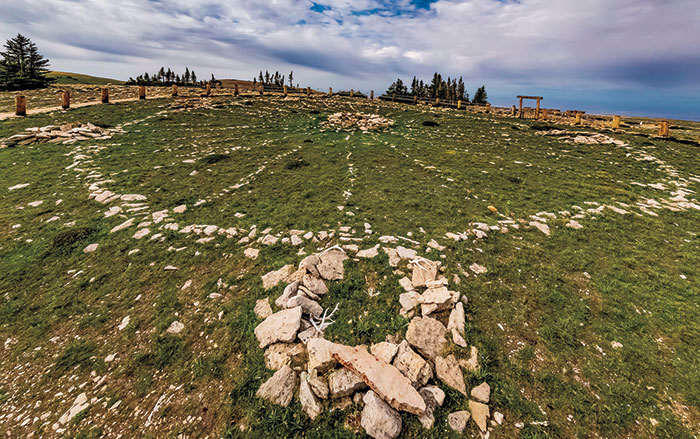
Letter from Mongolia November/December 2025
Building the Black City
Why the nomads of the Uighur Empire constructed a medieval urban center like no other
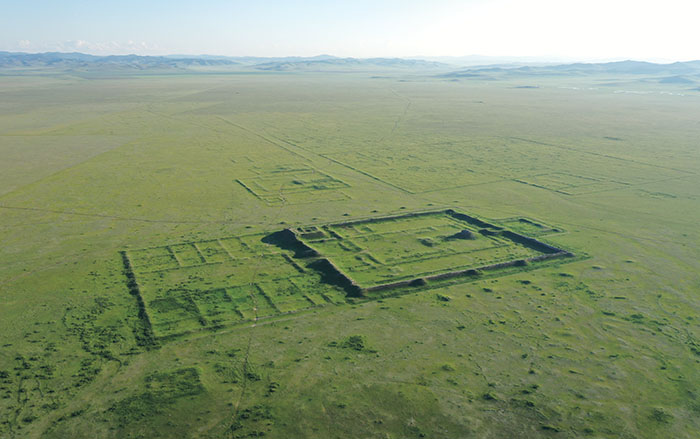
Digs & Discoveries November/December 2025
In His Majesty's Secret Service
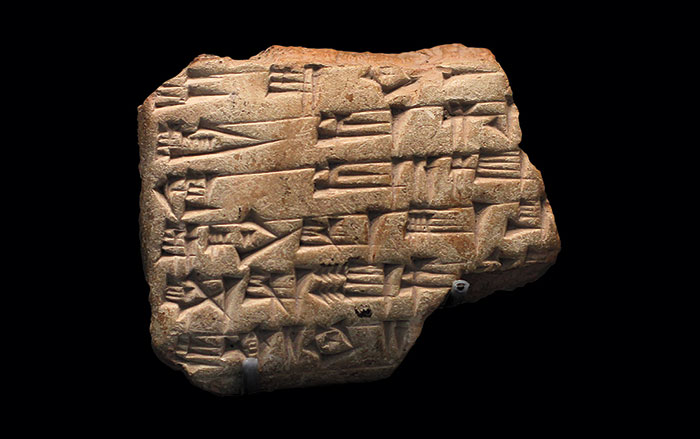
Digs & Discoveries November/December 2025
Washington Risks It All

-
Features January/February 2019
A Dark Age Beacon
Long shrouded in Arthurian lore, an island off the coast of Cornwall may have been the remote stronghold of early British kings
 (Skyscan Photolibrary/Alamy Stock Photo)
(Skyscan Photolibrary/Alamy Stock Photo) -
Letter from Leiden January/February 2019
Of Cesspits and Sewers
Exploring the unlikely history of sanitation management in medieval Holland
 (Photo by BAAC Archeologie en Bouwhistorie)
(Photo by BAAC Archeologie en Bouwhistorie) -
Artifacts January/February 2019
Neo-Hittite Ivory Plaque
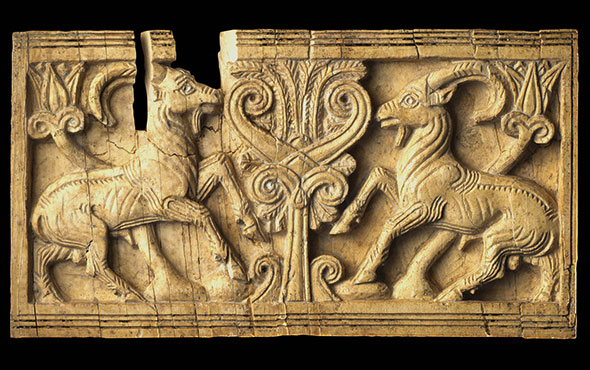 (Copyright MAIAO, Sapienza University of Rome/Photo by Roberto Ceccacci)
(Copyright MAIAO, Sapienza University of Rome/Photo by Roberto Ceccacci) -
Digs & Discoveries January/February 2019
The Case of the Stolen Sumerian Antiquities
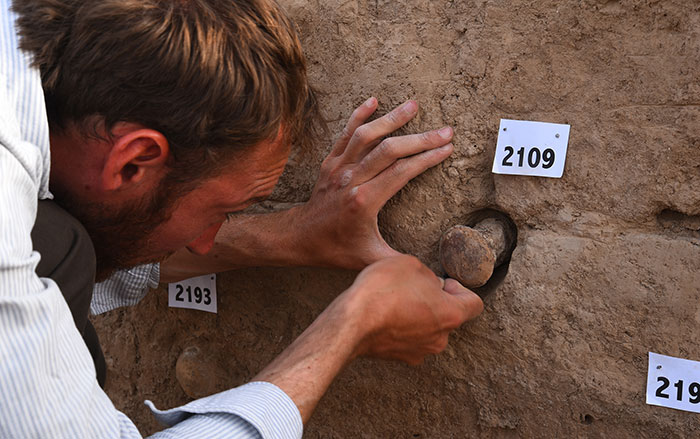 (© Trustees of the British Museum)
(© Trustees of the British Museum)


